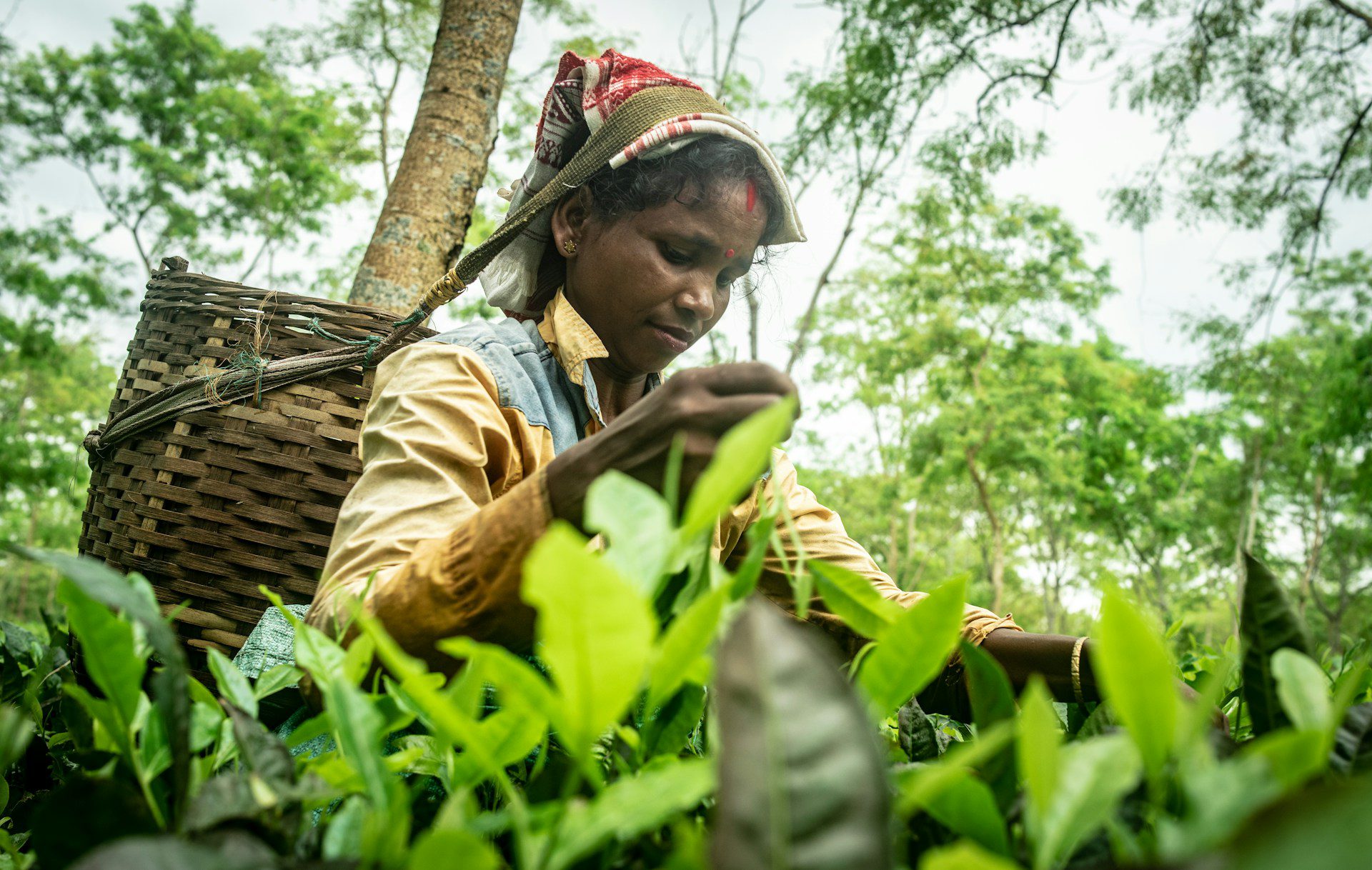Some of the world’s leading tea manufacturers, including Tetley and Lipton, are examining working conditions on the plantations of its Sri Lankan suppliers, following a Guardian investigation.
Two global trade-certification schemes, Fairtrade and the Rainforest Alliance, are also conducting inquiries after it was revealed that some workers on 10 certified estates could not afford to eat and were living in squalid conditions.
Tea pickers claim that estate owners failed to support them during the country’s unprecedented economic crisis, which has seen prices of food, fuel and medicine soar, without wages rising to match. The pickers reported supervisors refusing to pay them what they were owed and incidences of verbal abuse.
Some of the pickers said they had so little money that they were having to skip meals and felt forced to send their children to work.
Tetley said it had suspended work with some central Sri Lankan estates while it conducted its own inquiries. Ekaterra, which owns Lipton and PG Tips, said it was in contact with the Rainforest Alliance over the findings. Yorkshire Tea, another company that sources tea from the estates the Guardian visited, said it was speaking to the plantations concerned.

